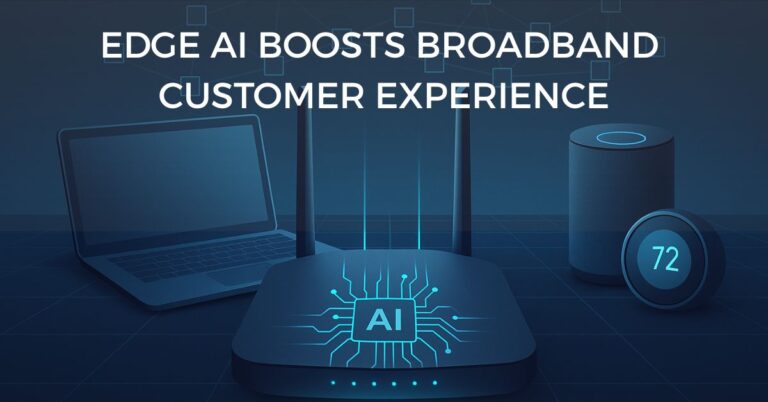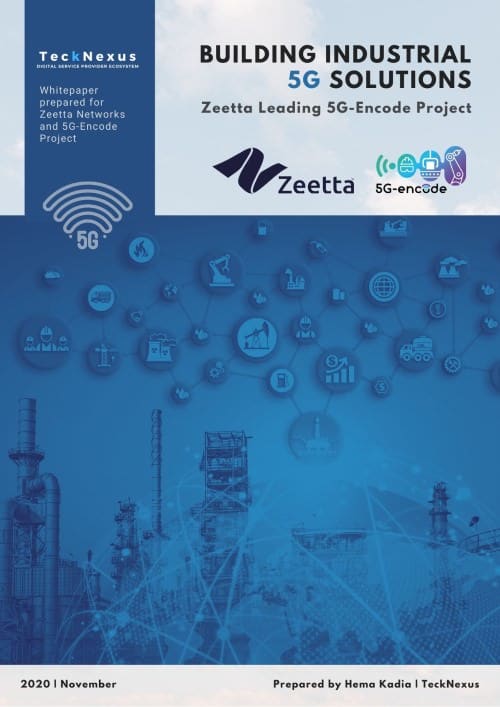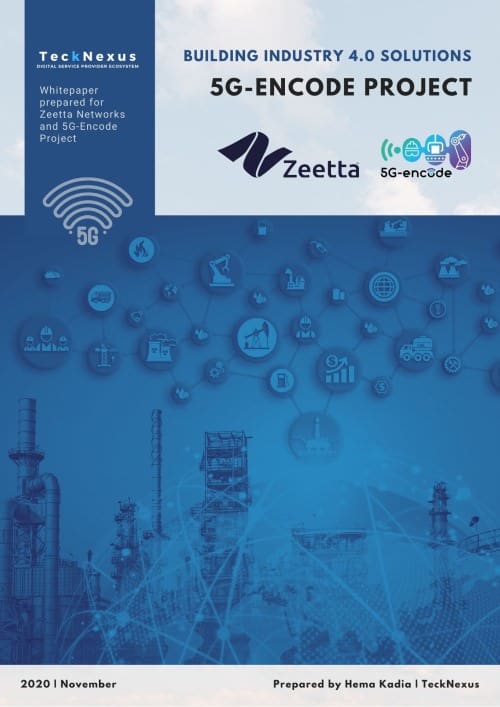300 million wireless users in India will be using 5G services by March 2025
CRISIL’s report states that as Reliance Jio continues to deploy its 5G network throughout India, it is expected that around one-third or approximately 300 million wireless users in the country will be using 5G services by March 2025, compared to an estimated 20-25 million as of March 2023. However, the remaining two-thirds of users are expected to continue using 4G. The report also predicts that 5G subscribers will boost data consumption and lead to higher average revenue per user and return metrics for telecom companies.
Indian telecom companies have been actively rolling out 5G networks and have entered more than 300 cities since October 2022. Reliance Jio has already launched 5G services in 277 cities, deploying over 40,000 sites and nearly 250,000 cells in the 700 Mhz and 3,500 Mhz bands. Chairman of Reliance Jio Infocomm, Akash M Ambani, has announced plans to expand their 5G network to more cities, towns, and talukas across various states and union territories with the aim to cover every town, taluka, and tehsil in the country by December 2023. In February, he also highlighted the potential of 5G in facilitating ease of living.
In addition, Bharti Airtel has reported crossing the milestone of 10 million unique 5G users on its network. The company has also announced plans to cover every town and important rural areas with its 5G services by the end of March 2024.
Moving Closer to the Wide-Scale Adoption of 5G Technology
The CRISIL report indicates that the mass adoption of 5G technology will accelerate when retail use cases become available. The report explains that although there are numerous use cases for 5G, including smart classrooms, precision farming, and intelligent transport systems, adoption is dependent on a substantial improvement in network infrastructure, which will take several years to occur.
The adoption of 5G services in India would primarily depend on the tariffs offered by telecom companies and the penetration of 5G-enabled devices among users, according to a CRISIL report. Currently, only about 30-35% of the annual shipment of 150-170 million smartphones in India are 5G enabled. Although the share of 5G smartphones shipments is expected to increase gradually, the high cost of the gadget compared to a 4G phone may limit overall adoption to approximately 300 million users by fiscal 2025, stated Naveen Vaidyanathan, Director, CRISIL Ratings.
In contrast, the adoption of 4G services was quicker than that of 5G, with approximately 60% of data users migrating within two years of its launch. This was made possible by 4G’s improved speeds over 3G and lower tariffs.
“5G has the potential to hasten the adoption of over-the-top streaming services and online gaming, which would further drive up data demand. As a result, the average data usage per subscriber per month is expected to increase from the current level of around 20 GB to approximately 28-30 GB by fiscal year 2025,” said Rounak Agarwal, Team Leader at CRISIL Ratings.
CRISIL predicts that the adoption of 5G will increase the average revenue per user (ARPU) to around Rs 250 in the medium term, which will in turn drive up the return on capital employed (RoCE) in the telecom sector to 12-14% as compared to the current modest 6-8%. This growth will be facilitated by investments of Rs 2-2.5 lakh crore planned for 5G networks over the medium term.































